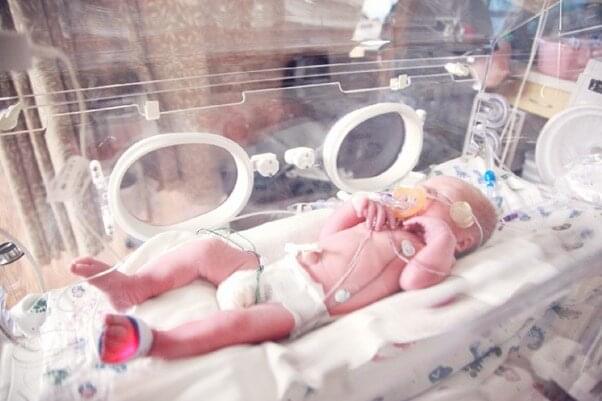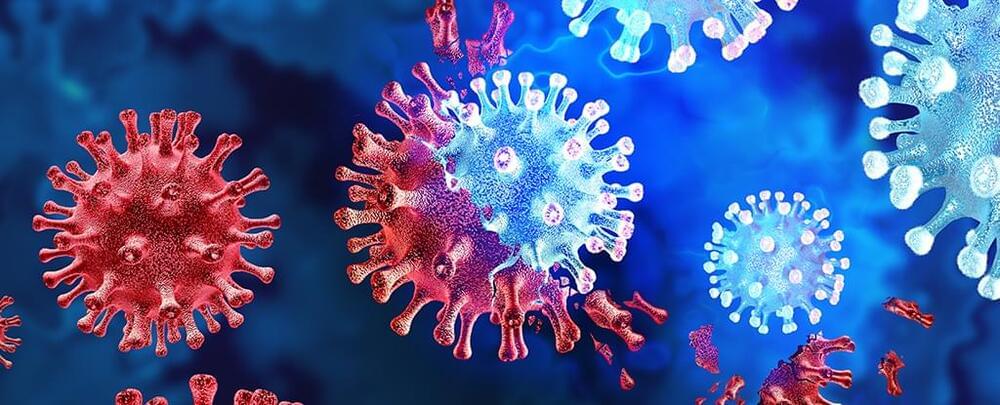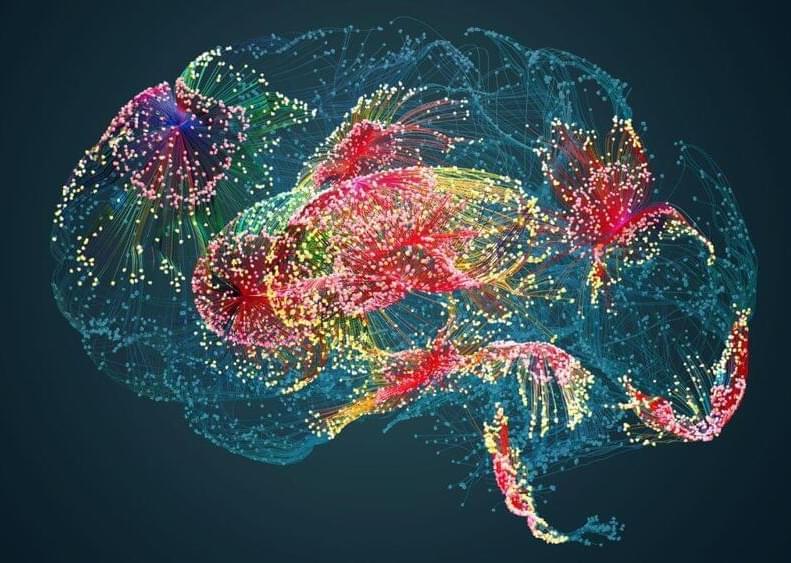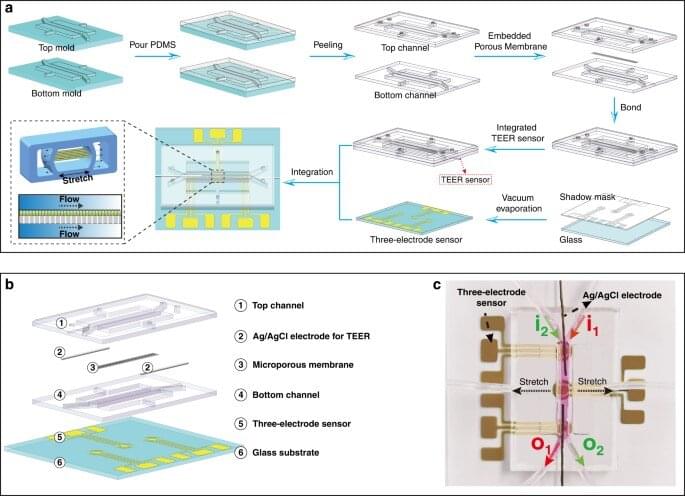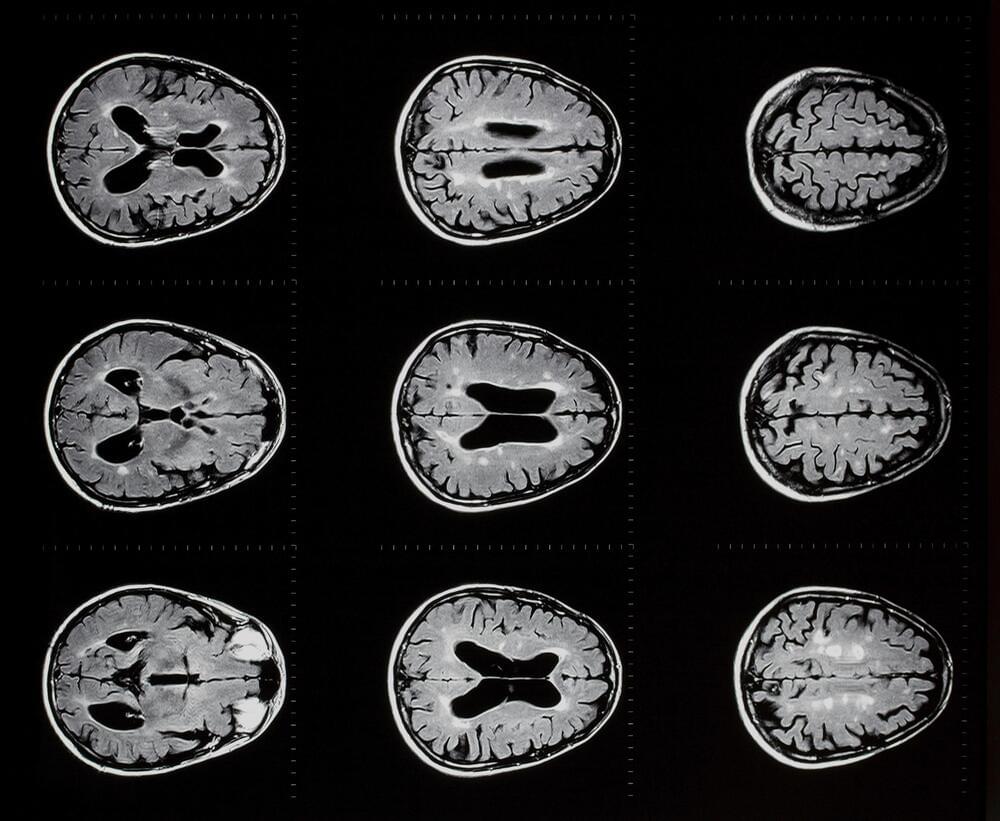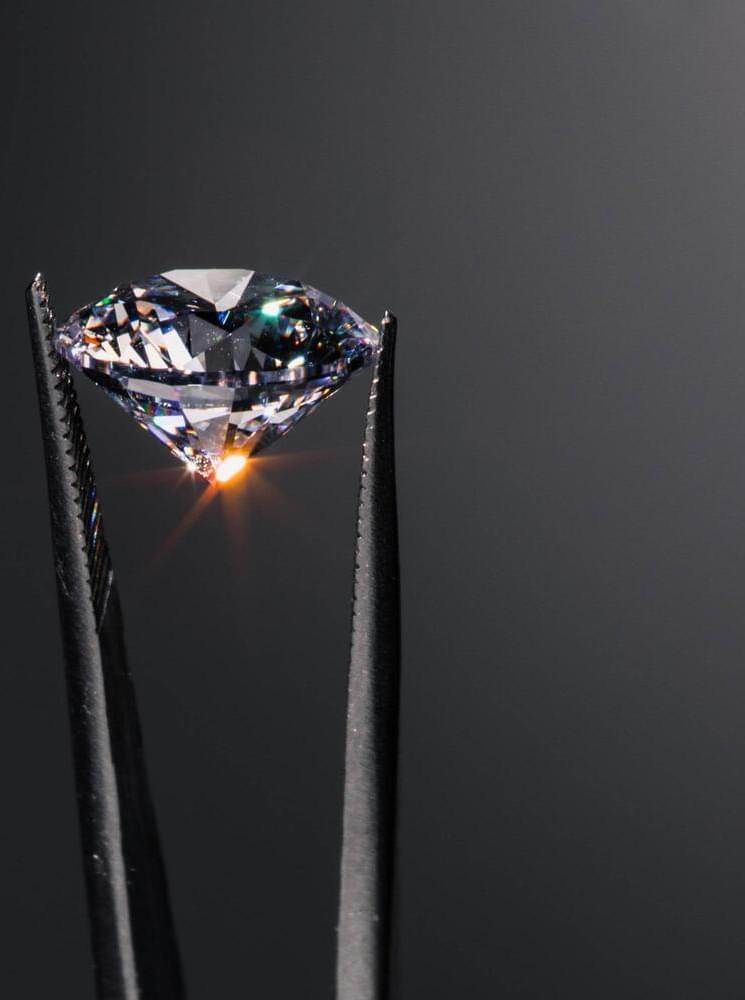Researchers at Princeton’s Department of Chemistry discovered the first known de novo protein that catalyzes, or drives, the synthesis of quantum dots.
Nature uses 20 canonical amino acids.
<div class=””> <div class=””><br />Amino acids are a set of organic compounds used to build proteins. There are about 500 naturally occurring known amino acids, though only 20 appear in the genetic code. Proteins consist of one or more chains of amino acids called polypeptides. The sequence of the amino acid chain causes the polypeptide to fold into a shape that is biologically active. The amino acid sequences of proteins are encoded in the genes. Nine proteinogenic amino acids are called “essential” for humans because they cannot be produced from other compounds by the human body and so must be taken in as food.<br /></div> </div>
